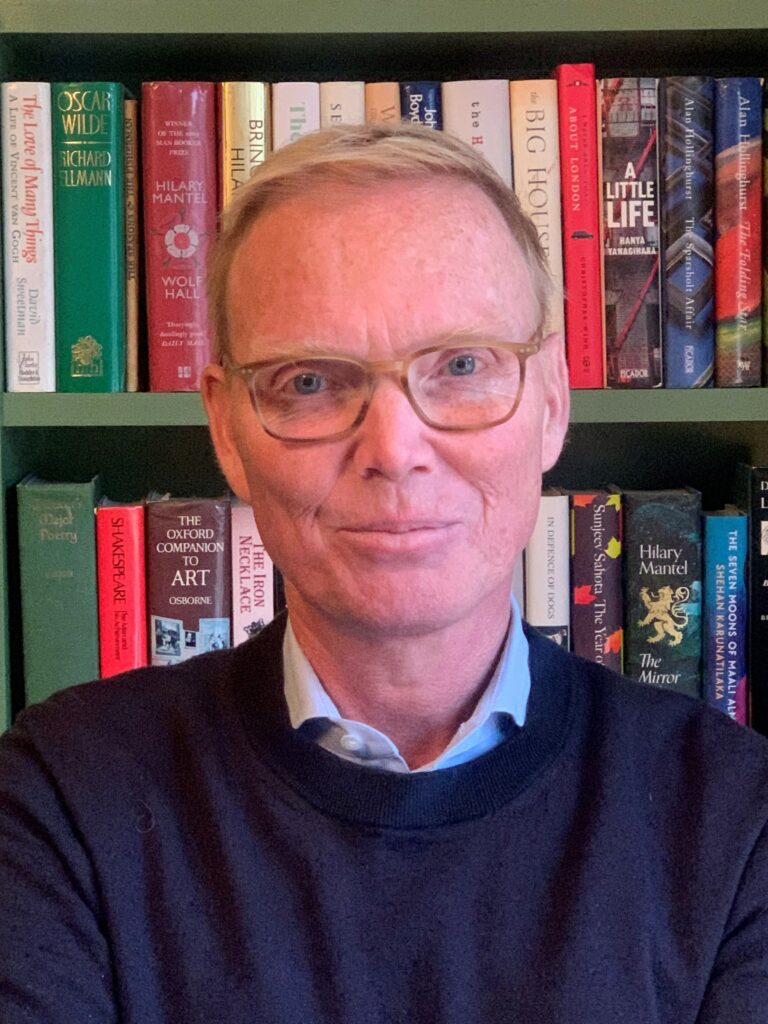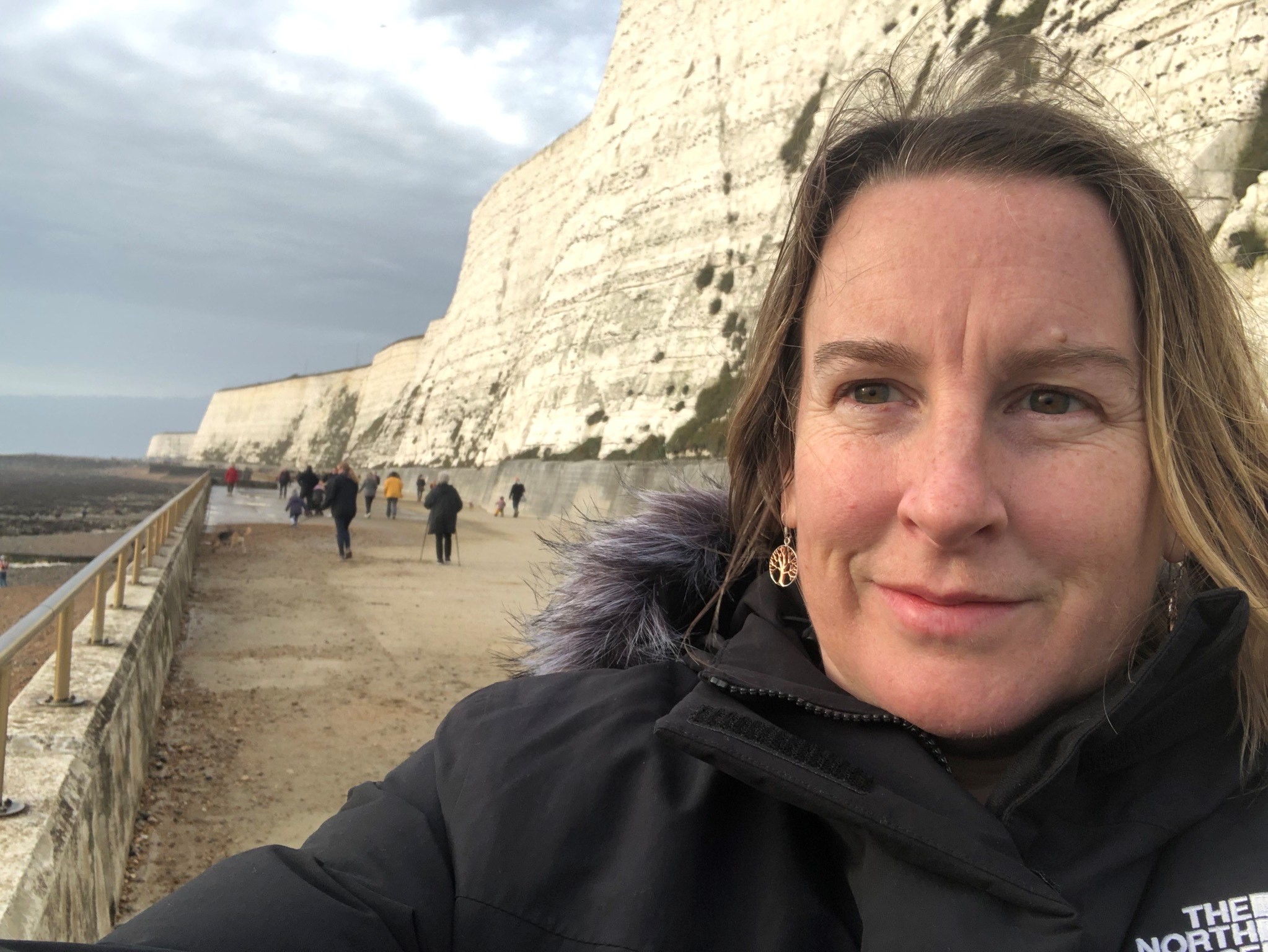Halfway through Module Two, the Psychology of Coaching, things started to make sense for me. As though I’d put on a pair of glasses and could read all the letters of a word. That moment when you can finally understand someone in a language you’ve been learning. It crept up on me. And all I could think of was how I wished I’d done this course earlier in my career. Much earlier.
I should explain.
I’m about halfway through the Certificate in Coaching course. The programme is anchored around six monthly interactive workshops, or modules, designed to give you the foundations to build your coaching skills. When I retired from full-time work last year, I took a big break to do very little. I had a few future projects in mind, but as it turned out, I discarded all but three of them. Completing an accredited coaching course was one that survived.
Call it unfinished business. I always hoped that I’d adopted a coaching approach to my leadership roles. I’ve certainly always wanted to help develop and unlock potential in the teams and individuals I worked with. It was one of the things I enjoyed most. But with little formal training, I felt as though I was merely scratching the surface of what was possible. I’d also talked to people I admire greatly and who had taken coaching courses. They all recommended I do the same.
It became an easy choice.
I was excited to get going if a little apprehensive about my first day back at school after thirty years. I needn’t have been. I hadn’t expected us to build trust so quickly. My fellow students are brilliant, as are the tutors, and the cohort size is small but full of big characters. Perfect for the discussions, feedback, and practice that make the workshops so meaningful. It has made it easy to be open and honest in a way that is sometimes hard to do in new groups.
It isn’t all just theory either. The course places great emphasis on practical experience, so you start coaching people from the very start. Which for me has been hugely inspiring, if a little daunting to begin with. I’m lucky to have four talented professionals in different sectors who agreed to work with me. It reminds me how much I enjoy coaching, how interesting it is, and how challenging it can be to do well. This coaching is essential in bringing to life the tools and frameworks I’m learning. But it’s what I’m learning about myself that is the real revelation. If one of the key purposes of coaching is to raise awareness, then one of the biggest surprises and wins in this course has been my growth.
Just before the pandemic, I bought a book called The Coaching Habit.
It’s written by Michael Bungay Stanier, but one of the reviewers, Brené Brown said this on the cover notes: “It takes courage to ask a question rather than offer up advice, provide an answer or unleash a solution. Giving another person the opportunity to find their own way, make their own mistakes and create their own wisdom is both brave and vulnerable.” I never fully understood what that meant until halfway through Module two. And I have this course to thank for that. I still have a long way to go, tons to learn, and skills and crafts to develop, but so far, so great. Any regrets? Just that I didn’t do it sooner.
By Steve Wing




